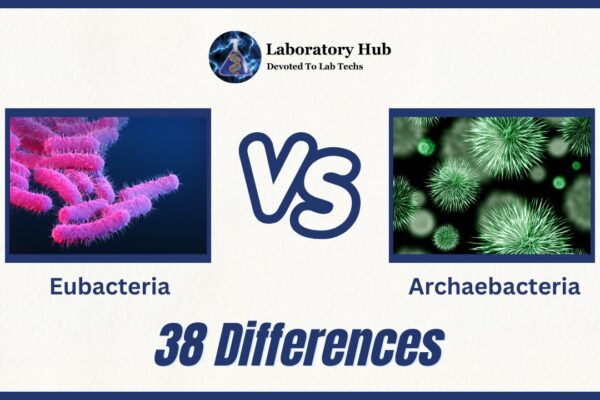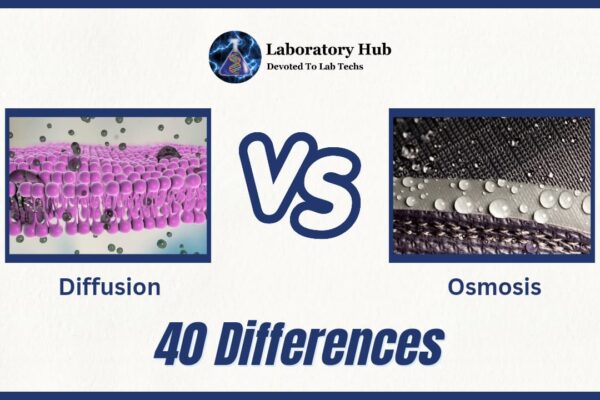What is Biochemistry? Let’s discuss in Brief
Hey, Good to see you here 😀 …… In this Article, We’re gonna discuss in Brief the Introduction to biochemistry….. If you have any queries, don’t forget to mention in Comments….. Thanks
Biochemistry is the branch of science that deals with the study of chemical processes that are going on in the living body. It forms a bridge between biology and chemistry by studying how complex chemical reactions and chemical structures give rise to life and life’s processes. Biochemistry incorporates everything in between a molecule and a cell and all the interactions between them.
Biochemistry essentially remains the study of the structure and functions of cellular components such as Enzymes and cellular organelles and the processes carried out both on and by the macromolecules – Carbohydrates, Fats and especially the Proteins, Vitamins etc.
The goal of biochemists is to describe in molecular terms the structures, Mechanisms and chemical processes shared by all organisms, providing organizing principles that underlie life in all its diverse forms.
Biochemistry plays a vital role in making a person’s life better in every possible way. The applied disciplines of biochemistry are more valuable for the benefits of peoples. It plays an important role in explaining the possible causes of various diseases or disorders and also their ideal treatment.
Moreover, the knowledge of biochemistry is also important in diagnosing a disease by estimating the level of various biomolecules like Enzymes, Hormones, Lipids, and Proteins etc. in the body by which a Pathologist can easily understand the root of disease and therefore implementing the ideal treatment strategy for the complete cure of disease.
In the modern era, people rely on taking various supplements like Multivitamins, Minerals, and Protein shakes etc. for better health in the hectic schedule. All the functions and proper intake of these supplements can only be described in the biochemistry after analyzing the body composition of the person and the need of these supplements for them and thereafter prescribing the ideal supplements to them.
So, Clinical biochemistry plays a vital role in medical science by giving the proper knowledge of biochemical processes that are going on in normal as well as pathological conditions in a living body, their diagnostic methods and ideal treatments for the complete cure of pathological conditions.
Frequently Asked Questions (FAQs)
Biochemistry is called so because it is the study of the chemistry of living organisms. It combines the principles and techniques of chemistry and biology to understand the complex chemical processes that occur within living organisms.
Biochemistry is important for several reasons, including understanding the chemical basis of life, developing new drugs and treatments for diseases, improving agricultural production, understanding environmental issues, and developing new technologies.
The four main types of biochemistry are structural biochemistry, enzymology, metabolism, and molecular genetics. Structural biochemistry focuses on the structure and function of biological molecules, while enzymology studies enzymes and their catalytic properties. Metabolism is concerned with the chemical reactions that occur within cells, and molecular genetics studies the role of DNA and RNA in gene expression.
The father of biochemistry is considered to be Carl Neuberg, a German biochemist who made significant contributions to the field in the early 20th century.
The study of biochemistry is simply called biochemistry.
The term “biochemistry” was first used by the German chemist Carl Neuberg in 1903 to describe the study of the chemical processes in living organisms.







